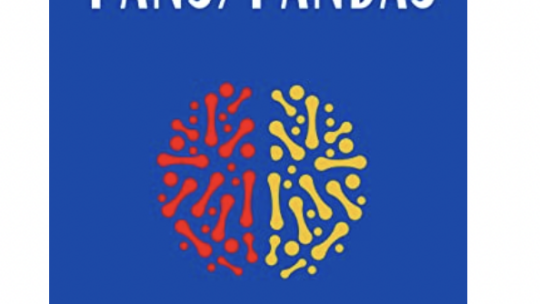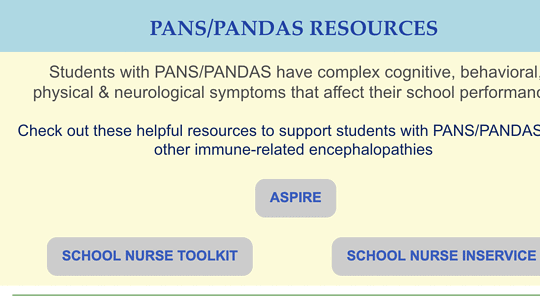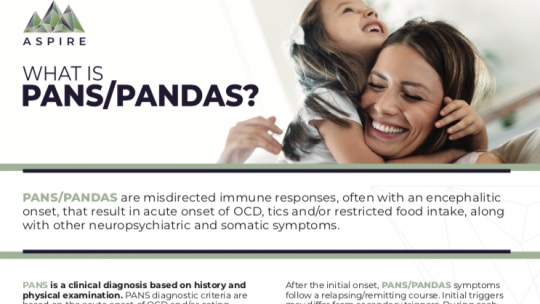Konstantinou GN, Konstantinou GN, Koulias C, Petalas K, Makris M. Further Understanding of Neuro-Immune Interactions in Allergy: Implications in Pathophysiology and Role in Disease Progression. J Asthma Allergy. 2022;15:1273-1291. https://doi.org/10.2147/JAA.S282039
“We have systematically reviewed and discussed the evidence regarding the role of the neuro-immune interactions in common allergic clinical modalities like allergic rhinitis, chronic rhinosinusitis, allergic asthma, food allergy, atopic dermatitis, and urticaria. It is essential to understand unknown – to most of the immunology and allergy experts – neurological networks that not only physiologically cooperate with the immune system to regulate homeostasis but also pathogenetically interact with more or less known immunological pathways, contribute to what is known as neuroimmunological inflammation, and shift homeostasis to instability and disease clinical expression.”






